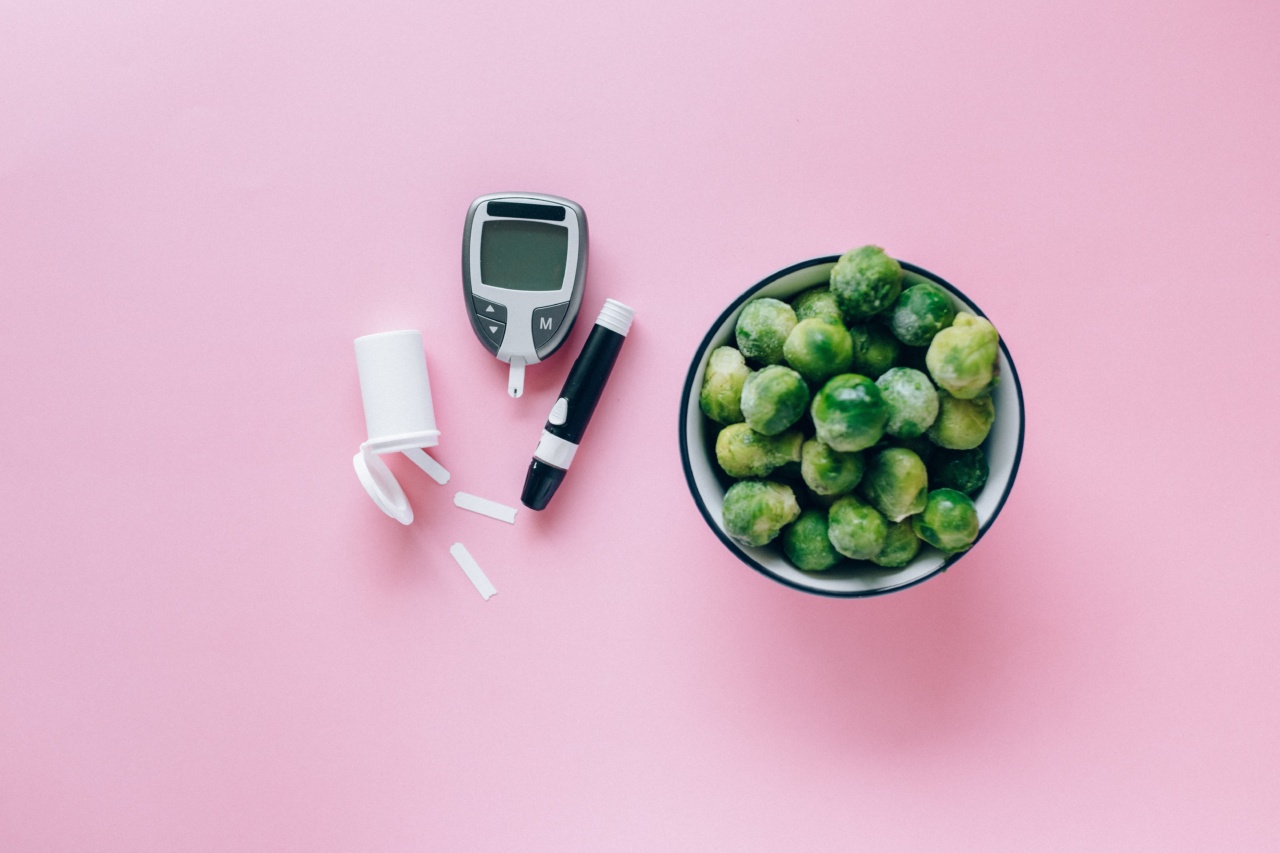The consumption of vegetables has been associated with a reduced risk of various chronic diseases. A new study adds to this body of research by linking vegetable nutrition with a lower risk of diabetes.
This finding showcases the importance of incorporating vegetables into our diets as a means of promoting overall health and reducing the risk of chronic disease.
Background
The prevalence of diabetes is increasing worldwide and is expected to continue rising. Currently, diabetes affects approximately 9.3% of the global population [1]. Diabetes is a chronic disease characterized by high blood glucose levels.
Over time, this can lead to various complications such as heart disease, kidney disease, nerve damage, and vision loss [2].
The development of diabetes is often influenced by lifestyle factors such as diet. A diet that is high in processed foods, sugar, and unhealthy fats is associated with a higher risk of developing diabetes [3].
On the other hand, a diet rich in nutrients such as fiber, vitamins, and minerals may help protect against diabetes [4]. Vegetables are a key source of these important nutrients.
The study
The study, conducted in the Netherlands, analyzed data from over 38,000 adults aged 20-70 years [5]. The participants were followed for an average of 10 years, during which time 918 cases of diabetes were recorded.
The researchers found that individuals who ate more vegetables had a lower risk of diabetes. Specifically, for each 66-gram increase in daily vegetable consumption, the risk of diabetes decreased by 25%.
The protective effect of vegetables was independent of other lifestyle factors such as smoking, alcohol consumption, and physical activity [6].
These findings suggest that there may be a direct link between vegetable nutrition and the risk of diabetes.
The study did not investigate the specific mechanisms behind this association, but previous research suggests that the nutrients found in vegetables may play a role. For example, fiber can help regulate blood sugar levels, while vitamins and minerals have been shown to reduce inflammation and oxidative stress [7].
Why vegetables are important for diabetes prevention
Vegetables are a key component of a healthy diet for various reasons. Firstly, they are low in calories and high in nutrients, meaning that they provide a lot of nutritional value without contributing to weight gain.
This is important for diabetes prevention because being overweight or obese is a major risk factor for the disease [8].
Secondly, vegetables contain nutrients that have been shown to promote insulin sensitivity. Insulin is a hormone that regulates blood sugar levels, and insulin resistance (i.e.
when the body becomes less responsive to insulin) is a key feature of diabetes [9]. Research has shown that certain nutrients found in vegetables, such as magnesium, can improve insulin sensitivity and help prevent diabetes [10].
Finally, vegetables contain fiber, which is important for regulating blood sugar levels. Fiber slows down the absorption of glucose in the bloodstream, preventing spikes in blood sugar levels [11].
This is important for diabetes prevention because high blood sugar levels over time can lead to complications such as nerve damage and vision loss [12].
How to increase vegetable intake
Many people struggle to incorporate enough vegetables into their diet. Here are some tips for increasing vegetable intake:.
- Make vegetables the star of the dish. Instead of thinking of vegetables as a side dish, make them the main event. Create meals that feature a variety of vegetables, such as stir-fries, salads, and soups.
- Sneak vegetables into meals. Add grated or chopped vegetables to dishes such as pasta sauce, omelets, and casseroles.
- Experiment with new vegetables. Try different types of vegetables, such as kale, Brussels sprouts, and broccoli. Experiment with different cooking methods, such as roasting, grilling, and sautéing, to find what you like best.
Conclusion
The new study linking vegetable nutrition with a lower risk of diabetes highlights the importance of incorporating vegetables into our diets. Vegetables are low in calories and high in nutrients, making them an excellent choice for overall health.
They contain fiber, vitamins, and minerals that are crucial for regulating blood sugar levels and promoting insulin sensitivity. By following simple steps to increase vegetable intake, we can reduce the risk of diabetes and promote overall health and wellbeing.


























